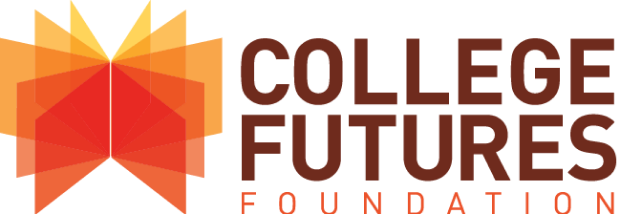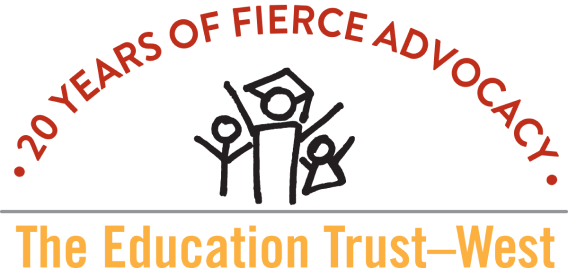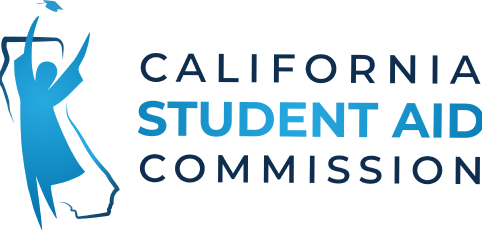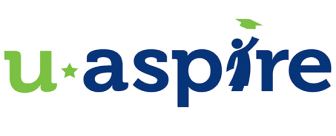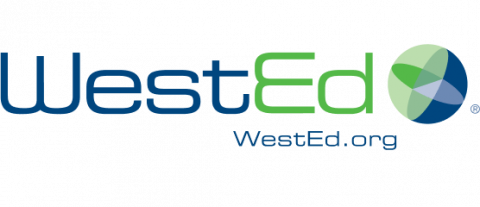UASPIRE
uAspire is a national non-profit ensuring that all young people have the financial information and resources necessary to find an affordable path to and through college. We work to remove the financial barriers to college degree attainment through student advising, counselor training, and policy and systems change.
uAspire developed and is leading a pilot effort to help school districts and counselors fulfill the requirements of AB469. Through the pilot, uAspire is working to expand services and support to school districts and their staff responsible for assisting students to plan for and afford college. Visit website
CCGI
The California College Guidance Initiative (CCGI) works to smooth the path to college and career for all California students, especially those who have been underrepresented in higher education. Through a combination of data-driven tools and infrastructure, student-focused curricula and building districts’ capacity to manage and use student data, we remove obstacles to student success and help create a clearer pathway between K-12 and higher education.
CCGI manages CaliforniaColleges.edu, the State of California’s official college and career planning platform. Through CaliforniaColleges.edu, we offer a unique suite of college, career and financial aid planning information, curricula, and tools. From exploring potential career paths to launching and tracking college and financial aid applications, CaliforniaColleges.edu helps students discover their college and career goals, make plans for how to achieve them, and launch into fulfilling futures.
CCGI staff also work hand-in-hand with our K-12 partners to identify data conflicts, improve systems, implement clear data standards and best practices, and integrate CCGI tools into guidance practices and instructional time. By providing ongoing support, training, and professional development opportunities, we help ensure that improvements are sustainable, so that the benefits are felt for years to come.
CaliforniaColleges.edu is available to all districts and students in California. To support use of the platform, CCGI provides technical assistance, user support, and training. As part of the pilot, CaliforniaColleges.edu was presented as a tool to support AB469 implementation, and CCGI provided comprehensive support to pilot districts in response to their needs. Visit website
Ed Trust West
The Education Trust—West is a nonprofit educational equity organization focused on educational justice and closing achievement and opportunity gaps from preschool through college through research, data, policy analysis, and advocacy.
We seek to influence policy in California by engaging key education stakeholders, including policymakers, thought leaders, practitioners, community groups, civic organizations, parents, and students. Our goal is to drive a state and national conversation about how our education system can better serve students of color and low-income students, pre-k through college.
We identify and analyze data related to the inequities in California schools and colleges that disproportionately impact underserved students of color and low-income students. We use a racial equity lens to expose underlying causes of these inequities and identify equity-focused strategies advancing educational justice. We equip education advocates with actionable and accessible data in order to hold school and college systems and state leaders accountable for better educational opportunities and outcomes.
We work directly with schools, districts, and higher education institutions to understand and evaluate the effectiveness of strategies intended to increase access and supports for students of color and low-income students. We seek real world examples supported by evidence at the campus, system, district, school, and classroom levels, and we explore ways in which success can be replicated at scale. Visit website
CSAC
The Commission is the principal state agency responsible for administering financial aid programs for students attending public and private universities, colleges, and vocational schools in California. The Commission has never wavered from its central mission to make education beyond high school financially accessible to all Californians.
The Commission serves as a resource for policymakers and the public on college affordability and financing issues, and advocates for policy changes to eliminate cost as a barrier to any qualified California student pursuing a higher education. Visit website
Wested
As a national leader in research, development, and service, WestEd is reimagining solutions to a more equitable society by taking on the most demanding and enduring challenges in education and human development.
Our staff work collaboratively systemwide to provide a broad range of services — research and evaluation, professional learning, technical assistance, and policy guidance — that are tailored to the needs of our clients. A non-partisan partner, we generate knowledge and apply evidence and expertise to improve policies, systems, and practices.
WestEd brings an expertise in data collection, stakeholder facilitation, project management and research that bridges policy to practice that will enhance the capacity of uAspire and its partners in this endeavor. WestEd’s design principles guiding our role in this project include:
Leverage existing capacity in the field and among partner organizations, by developing efficient tools and facilitating meetings to learn what works in financial aid completion;
Support partner organizations who will lead the pilot on the ground, by providing technical assistance to the pilot districts to ease data collection efforts;
Build collective knowledge by documenting best practices and creating practice-based tools that will aid all LEAs in their implementation of AB469. Visit website
College Futures Foundation
The AB469 Collaborative Pilot Project was supported by College Futures Foundation, a private, non-profit foundation focused on equitable educational pathways to opportunity. Visit website
Next Gen Policy
NextGen Policy fights for progressive policy change to address environmental, social, racial, and economic inequities in California through justice-centered legislative advocacy, grassroots partnerships, and democratic civic engagement. Within the realm of education equity, NextGen Policy prioritizes policies and programs that support student access, success, and time-to-completion. Visit website

